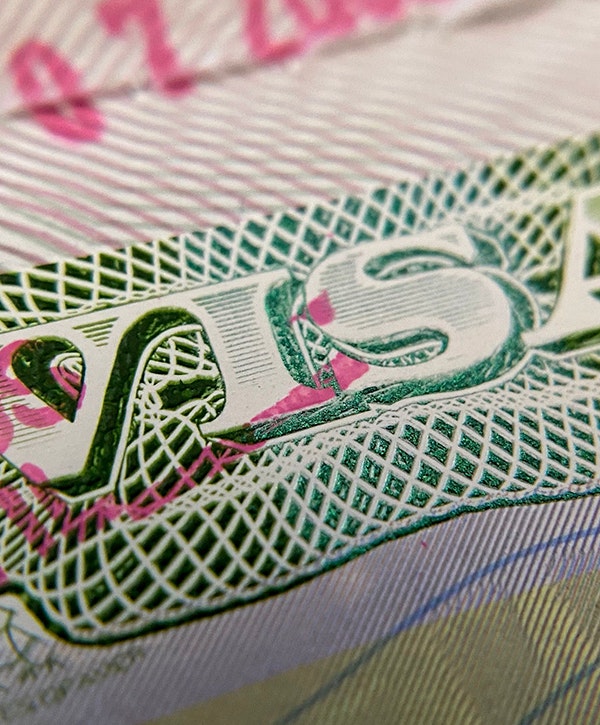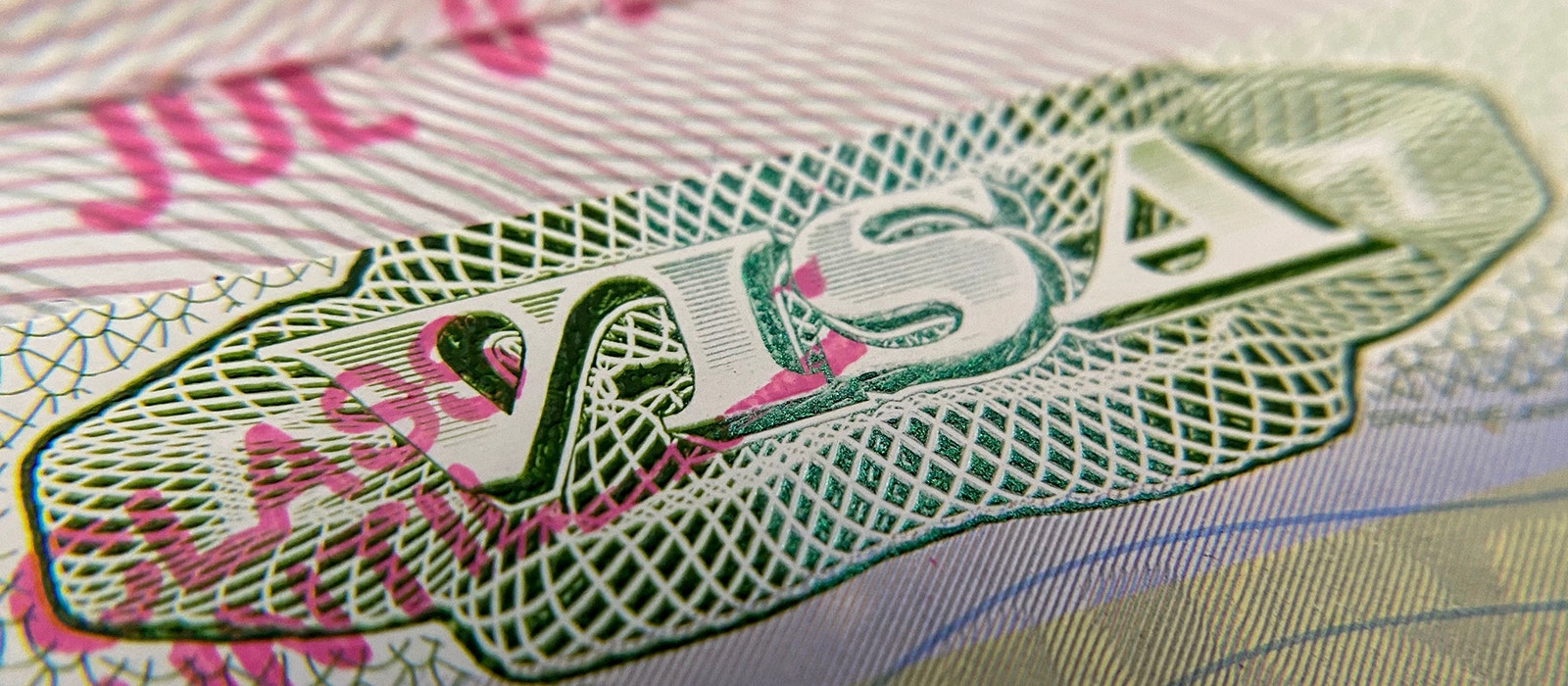“The State Department can reduce backlogs by continuing to exempt certain eligible nonimmigrant visa applicants from in-person interviews.”
Recent declines in legal immigration have had negative impacts on the U.S. economy, including contributing to persistent labor shortages that drive inflation, according to FWD.us analysis. Restoring immigration to prepandemic levels (at the very least) is an important and necessary step to drive down inflation and fill millions of open jobs in critical industries.
One common-sense solution is to reduce processing backlogs that delay immigrants from coming or returning to the U.S. to work, study, or visit. The State Department can reduce backlogs by continuing to exempt certain eligible nonimmigrant visa applicants2 from in-person interviews.1
Federal law requires nonimmigrant visa applicants to complete an in-person interview at a consulate or embassy before receiving a visa; however, the law also allows the Secretary of State to authorize waivers in certain circumstances. The State Department expanded authorization for consular officers to waive in-person interviews for certain eligible applicants in 2020, and has since extended that authorization through the end of 2023. The waivers have helped reduce wait times at embassies and consulates; nearly half of the seven million nonimmigrant visas issued in FY 2022, including both employment-and nonemployment-based, involved interview waivers. Making the interview waivers permanent would significantly reduce the interview workload each year, potentially saving the government millions of dollars annually.

